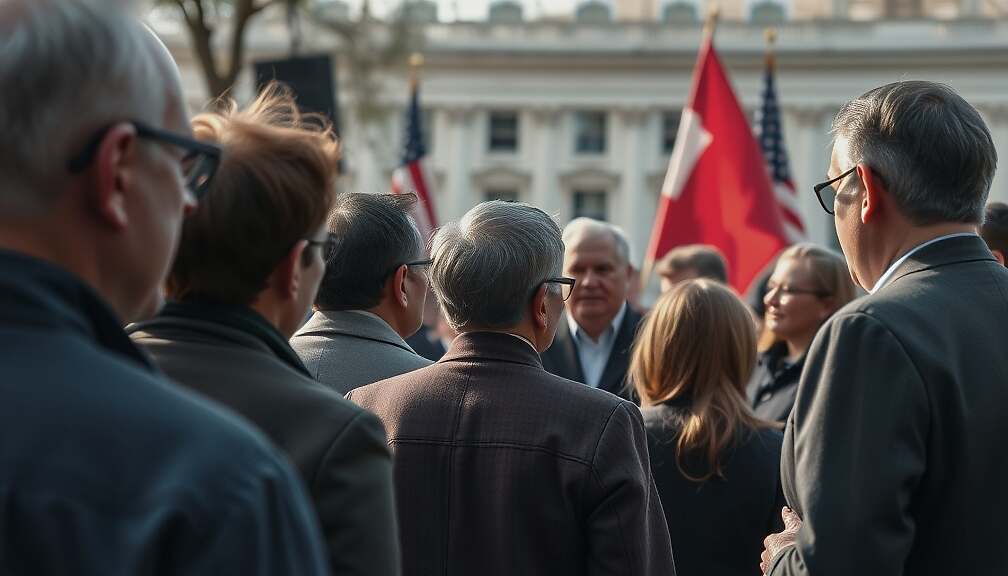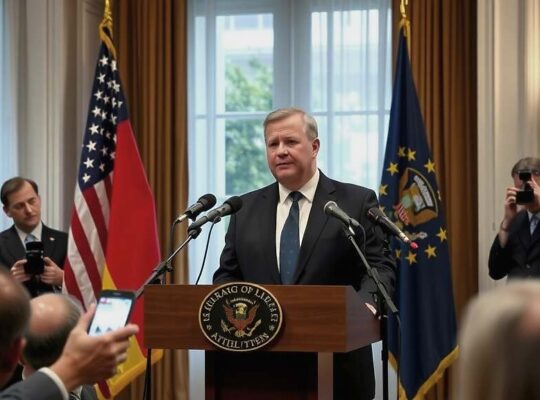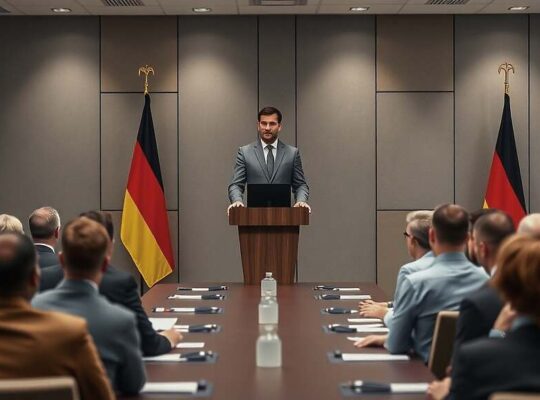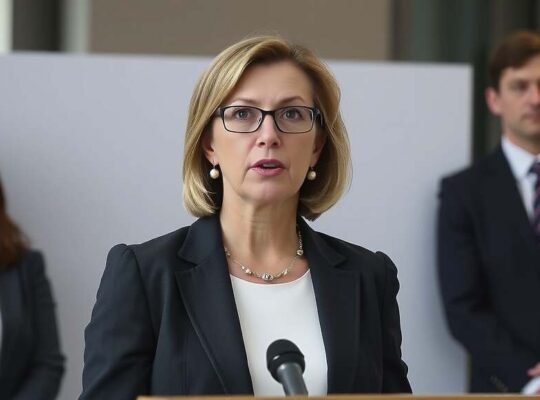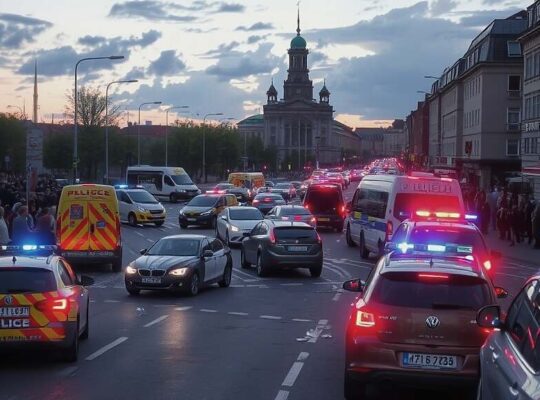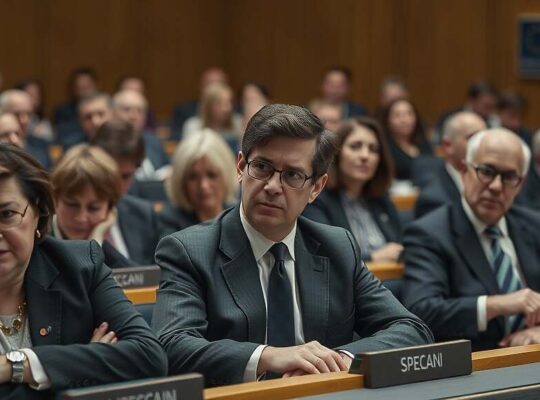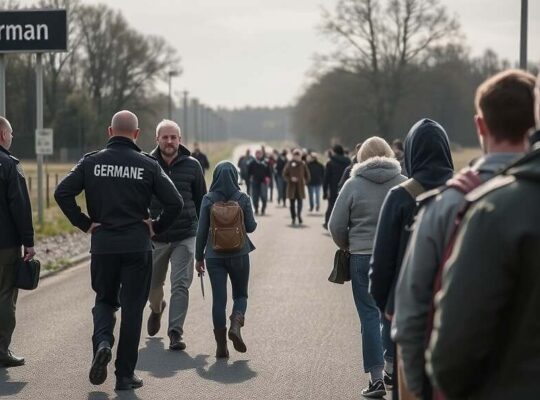A growing rift over engagement with the Alternative for Germany (AfD) party is threatening to destabilize the fragile coalition government in Berlin. Senior figures within the ruling SPD are publicly demanding a complete cessation of any interaction with the far-right party, escalating tensions and raising questions about the coalition’s long-term viability.
SPD politician Sebastian Roloff, a member of the party’s federal executive, told the Handelsblatt newspaper that he expects CDU leader Friedrich Merz to unequivocally prohibit “any collaboration with the AfD”. He emphasized that cooperation with a party deemed securely right-wing extremist, actively pursuing goals that contradict Germany’s liberal democratic order, is fundamentally a matter of principle and would inflict significant damage to the coalition’s stability.
SPD interior policy spokesperson Sebastian Fiedler went further, accusing the AfD of verging on sedition and collaborating with “foreign powers such as Russia, China and the MAGA movement of Donald Trump” to undermine German and European interests. He labelled the party “a party of traitors” raising concerns about the potential erosion of democratic institutions.
The prospect of the AfD’s continued growth has prompted warnings of a potential collapse of Germany’s democratic foundations, particularly in the context of upcoming state elections in Saxony-Anhalt. Fiedler cautioned that the democratic system could suffer significant setbacks if the party’s trajectory remains unchecked.
Former CDU General Secretary Ruprecht Polenz echoed these sentiments, stating that the AfD has declared the CDU its primary adversary and demonstrates a disregard for human dignity, siding “with Putin against Ukraine”. He argued that political cooperation with a party classified as right-wing extremist by the domestic intelligence agency is inherently untenable.
Polenz criticized the CDU for failing to consistently maintain a clear distance from the AfD, citing instances of local-level cooperation, echoing of rhetoric and alignment on policy themes. He questioned when the CDU will definitively and systematically initiate a political campaign to counter the AfD’s influence, suggesting the current approach has been insufficient to prevent the party’s expansion. The escalating debate underscores the political tightrope the ruling coalition is walking and highlights the persistent challenge of confronting extremisim within the German political landscape.


